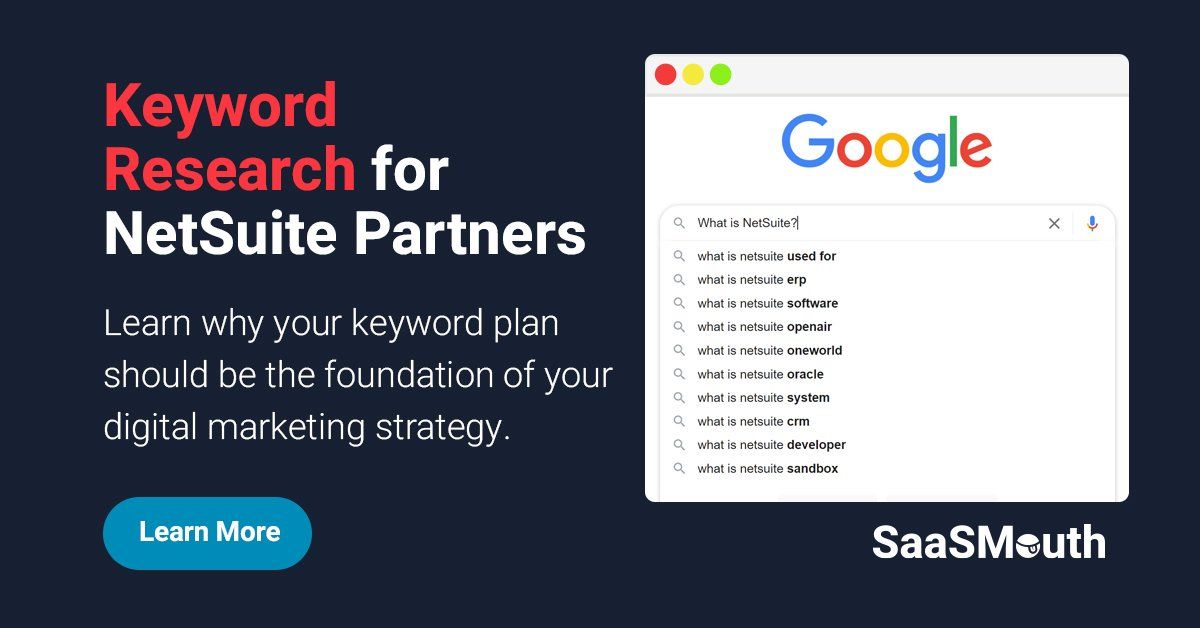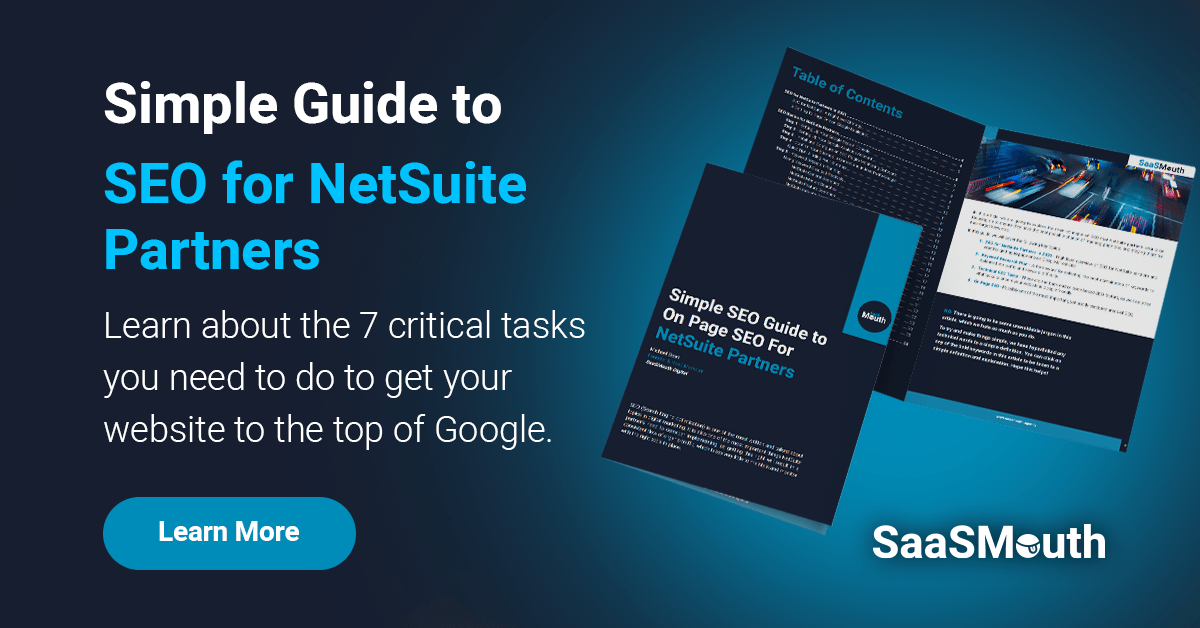SEO Terminology Definitions
Simplified SEO Jargon for the Rest of Us
SEO
Search Engine Optimisation. An area of digital marketing focused on aligning web pages to the technical, on page and off page recomendations of search engines with the goal of improving rankings.
Keywords
Words that are used to search for information in search engines.
Keyword Difficulty
A numerical representation, usually between 1 and 100, that represents how difficult or competitive a particular keyword or search term is to rank for.
Cost Per Click (CPC)
The average cost of having a search click on a paid ad.
Adwords
Specific to Google. Adwords is the platform used to create and monitor text and dynamic ads that appear at the top and bottom of search results.
Keyword Strategy
The documented plan for identifying relevant keywords with appropriate levels of traffic and how and where you plan to rank for these keywords.
Low Competition Keywords
Keywords or phrases that are more easy to rank for and generally have a lower cost per click.
High Competition Keywords
Keywords or phrases that are more difficult to rank for and generally have a higher cost per click.
Domain Authority (DA)
A search engine ranking score developed by Moz that predicts how likely a website is to rank in search engine result pages (SERPs).
Page One
The first page of results that is returned from a search engine after a query has been made. Usually page one contains 10 results.
Focused Landing Page Strategy
A website structure strategy that involves aligning a single landing page to a single keyword, with the intent of optimising for that keyword alone. Focused landing page strategies result in higher rankings due to the focused intent of the content contained within the landing page.
Keyword Group
A logical grouping of keywords based on topics or search intent.
Google Search Console
Google search console is a dashboard based tool that provides webmasters with relevant information about their website search performance, organic traffic and page health.
Indexed
A page is indexed when a google crawler scans the page and adds it to googles list of indexed pages. This does not mean the page is eligible for ranking, just that the search engine knows it exists.
Broken Links
A link is considered broken when it no longer redirects to the page it was intended do, most often resulting in a 404 error.
Page Speed
Page speed is a measure of how fast the content and images render in a browser upon loading. Many factors influence page speed scores including file sizes, image sizes, redirect chains, server response times and script load times.
Mobile Usability Score
This is a score given to a single page that represents how well the webpage performs when loaded on a mobile device.
Mobile Usability Errors
Mobile usability errors are any issues that are detected by googles crawlers in relation to their best practices being breached. Example include overlapping elements of the webpage, or text that is too small to be read on a mobile device.
Search Queries
Another name for what a user types into a search engine to find information.
Impressions
The number of times your webpage is seen (not clicked) in a search.
Click Thru
A click thru is recorded when a user clicks the hyperlink to your webpage from a search engine.
Google Analytics
Googles platform for showing performance of your website and user behaviour whilst visiting.
Traffic Volume
The total number of visits to your website over a defined period of time.
On Page SEO
The process of improving factors on your webpage with the intent of improving rankings. Common on-page factors include H1 Tags, Meta Title's and Meta Descriptions, Keyword Frequency and Alt Tags.
Sitemap
Your sitemap is a crawlable xml file (usually), that lays out the structure and hierarchy of pages on your website in a way that can be easily interpreted by search crawlers.
Crawlers
Software that routinely scrapes websites to update a search engines understanding of the content on your website.
Source Code
The HTML code that forms the basis of your website.
Search Algorithm
The enemy. A nasty little ball of technology that tells you what it wants, then changes its mind every month or so.
Robot.txt
A small text file that tells crawlers what they should and shouldn't crawl as well as the location of your sitemap.
Recrawling
The routine checks crawlers make on websites to see what content has changed. Usually Weekly or Monthly, depending on the domain authority of the website and your instruction in your sitemap.
Keyword Research
The task of researching the most important, relevant and frequently searched keywords that might relate to your landing page's content.
Redirects
The way we either temporarily or permanently point a old url to a new url.
404 Error
The page that is shown when a link is no longer valid and has no appropriate redirects.
Canonical
A way to tell google which version of similar content you would like to be considered the master source.
Crawl Errors
A crawl error is what happens when a crawler tries to follow a defined path on your website, but encounters an unexpected obstacle, such as a broken link.
Internal Crawl Errors
A crawl error that occurs when a crawler follows a link within your domain.
External Crawl Errors
A crawl error that occurs when a crawler follows a link to a third party website.
Bounce Rates
The percentage of users who land on your webpage, and leave within a short amount of time.
Backlink Profile
A register of 3rd party websites that are linking back to a page or a resource on your website. Google likes backlinks because it shows them other websites find your content, pages and resources important and useful enough to reference on their own website.
Above the Fold
The part of your landing page that is visible without scrolling upon your page loading.
Keyword Stuffing
A black hat, and out dated SEO tactic. Keyword stuffing is when you use a particular keyword repeatedly, and unnaturally with the intent of being ranked higher for that keyword due to the frequency you are using it.
Keyword Denisty
A percentage number based on how many times a keyword/phrase appears in a body of content, compared to the total word count.
LSI Keywords
Words that google considers to be highly related to a particular search term based on how competitors are also using the same keywords.
Alt Tags
The mark-up that sits alongside an image in your source code that describes what an image is actually of, considering crawlers are unable to interpret the subject of the image themselves.










